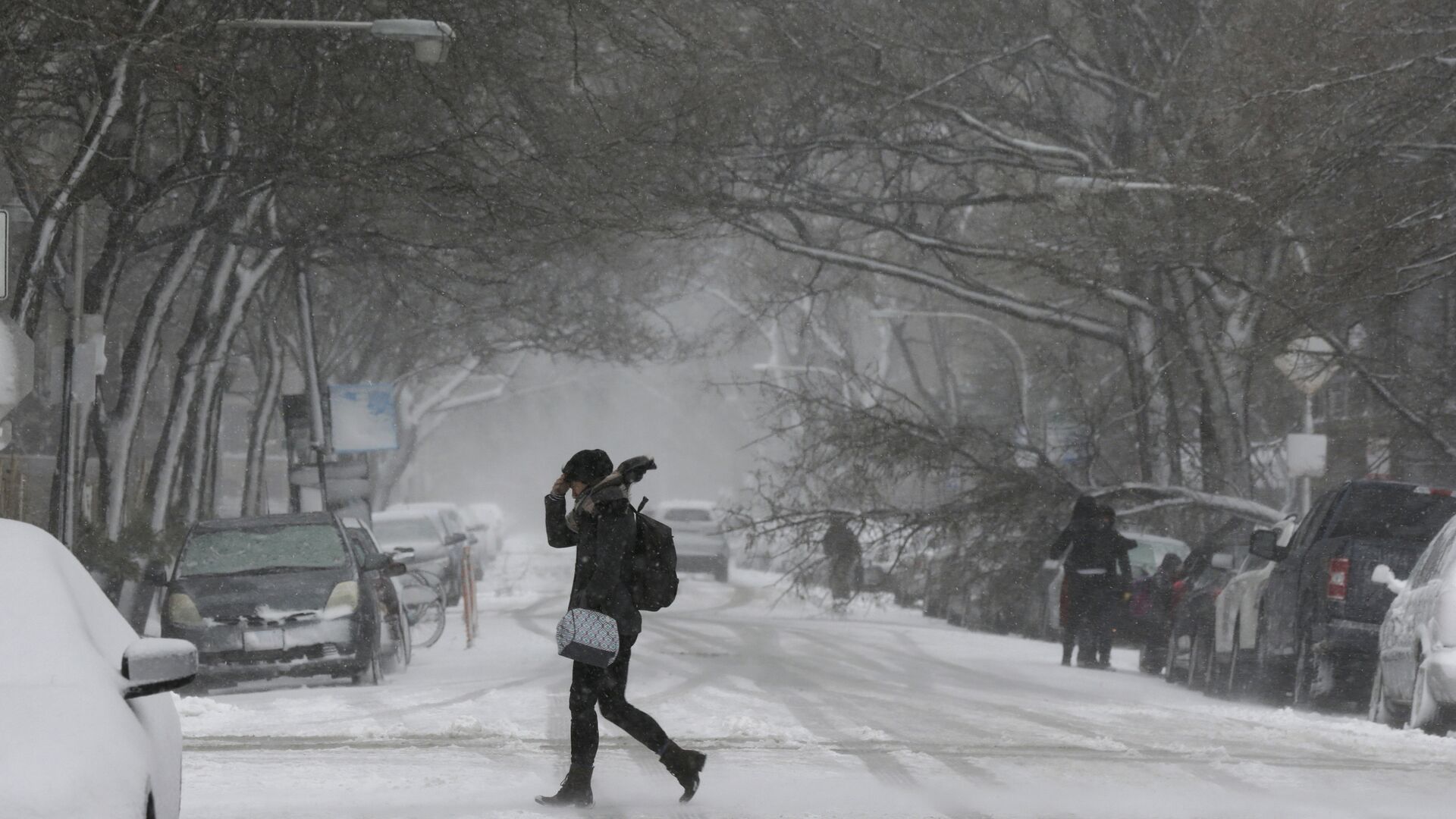https://sputnikglobe.com/20211026/chicago-city-council-prepared-to-vote-on-31-million-program-to-assist-low-income-households-1090230078.html
Chicago City Council Prepared to Vote on $31 Million Program to Assist Low-Income Households
Chicago City Council Prepared to Vote on $31 Million Program to Assist Low-Income Households
Sputnik International
Chicago Mayor Lori Lightfoot (D) has proposed a $31 million program that is set to give 5,000 low-income households $500 per month - making it one of the... 26.10.2021, Sputnik International
2021-10-26T19:23+0000
2021-10-26T19:23+0000
2022-08-06T13:54+0000
chicago
us
economy
https://cdn1.img.sputnikglobe.com/img/107014/99/1070149965_0:214:4096:2518_1920x0_80_0_0_127fa7c026f3c206a2a54f8015f1513a.jpg
The one-year pilot program, funded by the $2 billion Chicago received from the Biden administration’s American Rescue Plan — is part of Lightfoot’s 2022 budget and is scheduled to be considered by the Chicago City Council on Wednesday, according to the Washington Post.Despite the pushback it has received from the 20-member Chicago City Council Black Caucus, Lightfoot has had to redirect the funds to violence prevention programs.Lightfoot tied the program to her own childhood memories of hardship while growing up in Ohio, using it as a means of motivation.Critics worry that guaranteed income programs will discourage people from finding jobs and drain the labor force.Michael Faulkender, who teaches finance at the University of Maryland and served as Assistant Secretary of the Treasury for Economic Policy during the Trump administration said that “there are still millions of low-skilled jobs out there, and you have small business owners who can’t find workers to join their companies.”Proposals like the one in Chicago feed the “process of reducing the willingness of people to participate in the workforce,” he added.A 2019 report created by the mayor’s office, however, found inequalities in Chicago significantly high. The report indicated that about 18 percent of the population are living below or at the poverty level — with nearly half the city’s households not having a basic safety net.A quarter of households were reported to have more debt than income.Lightfoot says the effects of poverty are reflected in the current spike in street violence throughout the city.Harish Patel, executive director of Economic Security for Illinois, an advocacy group that helped coordinate the report, says the pandemic has made the disparities worse.
chicago
Sputnik International
feedback@sputniknews.com
+74956456601
MIA „Rossiya Segodnya“
2021
News
en_EN
Sputnik International
feedback@sputniknews.com
+74956456601
MIA „Rossiya Segodnya“
Sputnik International
feedback@sputniknews.com
+74956456601
MIA „Rossiya Segodnya“
chicago, us
Chicago City Council Prepared to Vote on $31 Million Program to Assist Low-Income Households
19:23 GMT 26.10.2021 (Updated: 13:54 GMT 06.08.2022) Chicago Mayor Lori Lightfoot (D) has proposed a $31 million program that is set to give 5,000 low-income households $500 per month - making it one of the nation’s largest basic income programs following the pandemic.
The one-year pilot program, funded by the $2 billion Chicago received from the Biden administration’s American Rescue Plan — is part of Lightfoot’s 2022 budget and is scheduled to be considered by the Chicago City Council on Wednesday,
according to the Washington Post.
Despite the pushback it has received from the 20-member Chicago City Council Black Caucus, Lightfoot has had to redirect the funds to violence prevention programs.
Lightfoot tied the program to her own childhood memories of hardship while growing up in Ohio, using it as a means of motivation.
“I knew what it felt like to live check to check. When you’re in need, every bit of income helps,” she
wrote in a tweet announcing the plan earlier this month.
Critics worry that guaranteed income programs will discourage people from finding jobs and drain the labor force.
Michael Faulkender, who teaches finance at the University of Maryland and served as Assistant Secretary of the Treasury for Economic Policy during the Trump administration said that “there are still millions of low-skilled jobs out there, and you have small business owners who can’t find workers to join their companies.”
Proposals like the one in Chicago feed the “process of reducing the willingness of people to participate in the workforce,” he added.
A 2019
report created by the mayor’s office, however, found inequalities in Chicago significantly high. The report indicated that about 18 percent of the population are living below or at the poverty level — with nearly half the city’s households not having a basic safety net.
A quarter of households were reported to have more debt than income.
Lightfoot says the effects of poverty are reflected in the current spike in street violence throughout the city.
Harish Patel, executive director of Economic Security for Illinois, an advocacy group that helped coordinate the report, says the pandemic has made the disparities worse.


